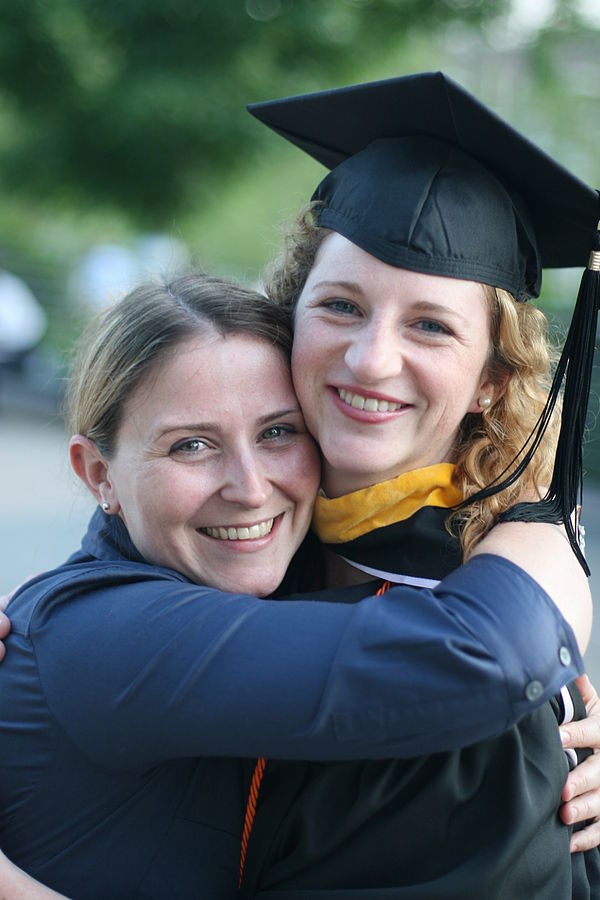Graduates of both high school and college are facing a new chapter in their lives. Both chapters are exciting and full of new opportunities – However, they can also be pretty darn scary.
Finances start making a much bigger impact on your day-to-day life, especially when you are trying to manage them on your own for the first time.
Whether you are heading off to start a new career or you are prepping for your first years away from home at college, here are a few financial tips provided by Simple Living Australia to keep you on track:
Just say no to credit cards
Repeat after me: No. No. No. Credit cards will cost you more money than you have. They may seem like a good idea right now, especially when money is right.
You think ‘I’ll just pay the minimum balance…” That’s great. Except, if you only pay the minimum balance every month and you keep spending, you could pay hundreds or thousands of dollars in interest fees. Instead, work with the money you have.
Do not buy anything you do not need and find ways to live on the cheap, until you can afford better. Part of the fun of being young is enjoying the simple, sometimes crazy, life experiences you will have precisely because you do not have money.
Create a budget
Start budgeting now. It may sound like a drag now, but you will have a much easier time staying out of debt, paying for vacations and feeding your future family if you learn to live within your means. Your budget is probably simple for now, and that is great. Use this time to learn and master your budget before things get a little trickier.
Start saving
Saving for a rainy day sounds about as exciting as a budget. However, when you end up in the ER after tripping down the stairs while moving your friend’s couch, you will be glad you had a little emergency fund to help cover the medical expenses. Keep it simple: Pay yourself first and make it a fixed amount every month. A good starting point is about 10 percent of each paycheck.
Invest early
Investing early could net you hundreds of thousands of dollars. Literally. Many people do not begin investing until they are older. They miss years of interest rates. Take advantage of any retirement program your job offers— (most match what you pay, which means free money) as soon as you can. The money is not taxed, which could put you in a lower tax bracket come tax season.
Do not be afraid of mutual funds. Consider investing a little cash every year into a mutual fund. By the time you retire, you could have well over $1 million to live the rest of your life comfortably. An example:
Say you invest a one-time $15,000 sum at the age of 25. With an interest rate of just under 6 percent (and having adding no additional money), you will have a total of $57,200. All that extra money is essentially free cash. Now, if you what until you were 35 to invest the same amount, for the same interest rate, you would only have just over $33,000 in your account. That is a $20,000 loss! Invest early.
